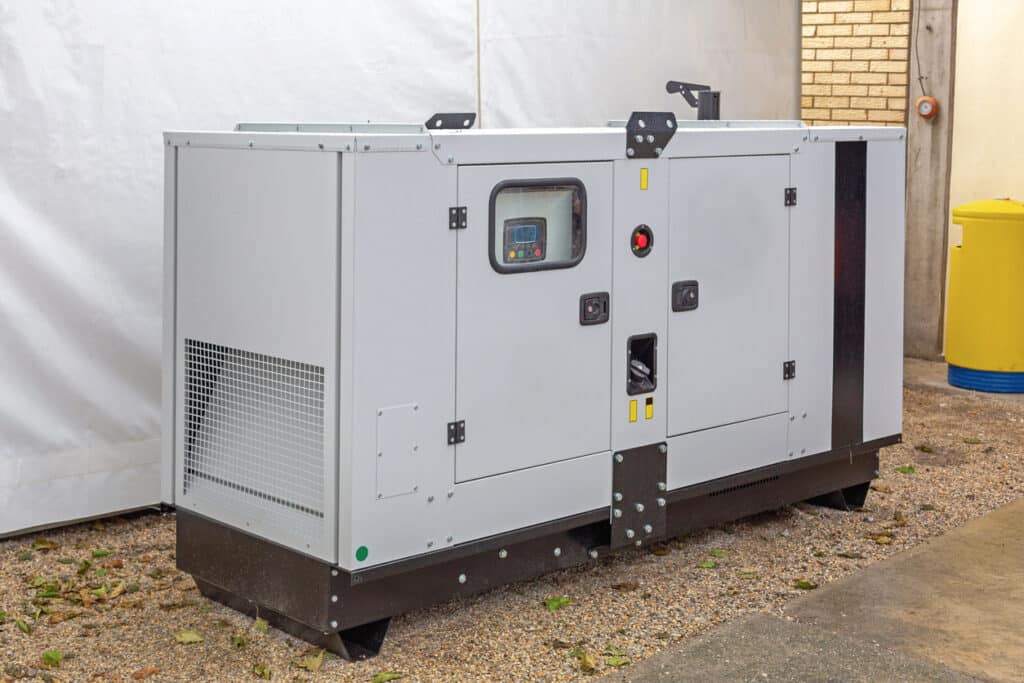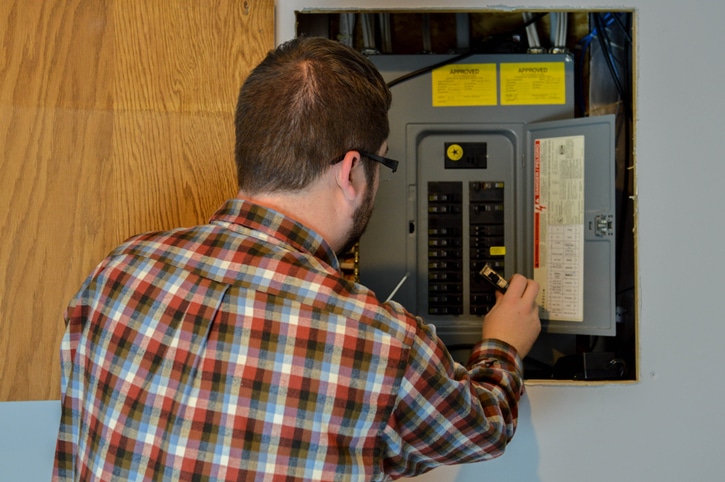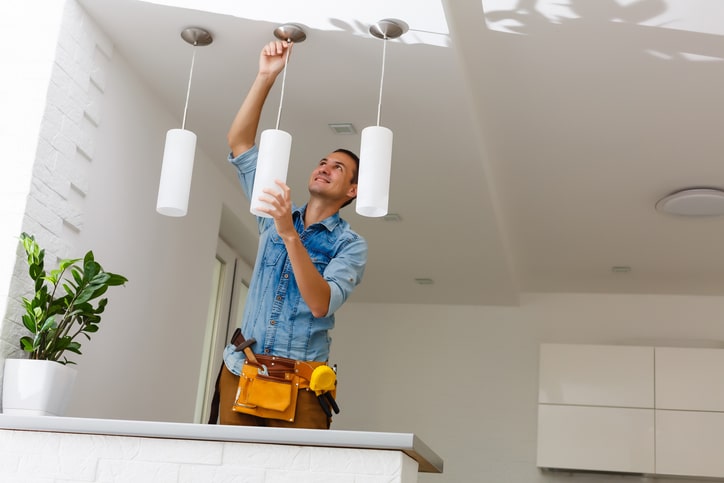When you lose power, you can get your home up and running again with a backup generator. While these systems are designed to ensure the lights stay on, they can be damaged. From a coolant leak to battery failure, there are many reasons why generators fail. When this happens, it’s important to find the source of the problem quickly.
Low Oil Levels
Your backup generator might stop working if it doesn’t have enough oil to run. When you own a generator, it’s highly recommended that you check the system’s oil levels regularly. When the system doesn’t have access to enough oil, your generator might stop working altogether. There’s also a chance that the engine will sustain significant damage. You can prevent engine failure by maintaining optimal oil levels.
Battery Failure
One of the main problems with generators is battery failure. This issue might be caused by dirty connections between the battery and the generator. In this scenario, the terminals are unable to make a lasting connection. If you hire an experienced technician to fix this issue, they should be able to do so with a simple wire brush. If this doesn’t fix the problem, the battery may need to be replaced altogether.
Control Panel Malfunction
Many generators are equipped with a control panel that makes it easy to alter the system’s settings. This panel can tell you when the battery voltage is low or the coolant temperature is too high. Your backup generator might not work because of an issue with the control panel. For example, the wiring between the panel and the generator could be loose.
Coolant Leak
Generators produce a lot of heat when they’re running. If a generator is tasked with powering a home 24/7 for several days, the coolant hoses will undergo a considerable amount of wear and tear. In this situation, leaks are more likely. When a coolant leak occurs, the parts within the system can become too hot, which might lead to them being damaged. If the coolant hoses are damaged, you may need to replace them.
Low Fuel
If your generator doesn’t turn on, the issue could be as simple as the fuel levels being too low. When the fuel runs out altogether, air may enter the hoses as well as the system itself. When you use your generator, make sure to check the fuel levels regularly. If the fuel gets too low, an alarm should go off.
Dirty Filter
Generators remove dirt, debris, and other contaminants from the air. If too many pollutants accumulate within the filter, your generator will run less efficiently. Over time, parts within the generator could become damaged. You can prevent these issues by inspecting and replacing the filter every two to three months. If you don’t like replacing the filter that often, consider obtaining a replaceable one.
A properly working generator ensures you have access to electricity even when the weather is at its worst. However, even these systems can malfunction. By knowing how to identify the most common generator problems, you can schedule fixes quickly. Get in touch with Sun State Power LLC today to schedule our generator services for your Ocala, FL home.




